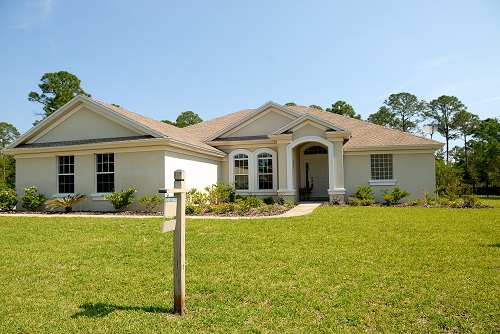Should you buy now or wait?
The question of whether or not to buy now or wait is a difficult one. Mortgage rates are at historic lows, but there is no guarantee that they will stay that way. Additionally, the current pandemic has created uncertainty in the economy.
If you decide to buy, now may be a good time. Mortgage rates are likely to stay low for a while, and the housing market is still relatively stable. However, if you decide to wait, there is no guarantee that the rates will stay low or that the market will remain stable.
The decision to buy now or wait depends on your situation. You may be asking yourself these important questions:
· What happens if the housing market crashes?
· How stable is the economy?
· How long do you think the low mortgage rates will last?
If you can’t answer all of these questions right now, don’t worry. Take your time and think about them. The best way to decide whether or not now is a good time for you to buy a house is by asking yourself if you’re ready for this major commitment. If the answer is yes, then buying now could be a great decision for you. If the answer is no, then maybe another year will have more stability, just be prepared that those rates may go up.
Let’s look at the home market trend for the past years.
In the early 1980s, when interest rates were at 18%, the purchase of a home was more than feasible. At the end of the decade, when interest rates had lowered to 10%, the market became saturated with buyers purchasing multiple homes and flipping them for a quick profit.
The turn of the millennium resulted in a market of buyers who had purchased homes beyond their means and were more excited about the possibility of making money than of settling down.
Today, with interest rates at historic lows, the market is ripe for sustainable homeownership.
The following are a few points to ponder when making your decision:
-In 1981, the average interest rate was 18%. To buy the average-priced home, one would have to pay $793.30 per month towards interest alone.
-In 2001, the average interest rate was 10%. To buy the average-priced home, one would have to pay $566.90 per month towards interest alone.
-In 2012, the average interest rate is at 3.625%. To buy the average-priced home, one would have to pay $713.75 per month towards interest alone.
-The difference between 18% and 3.625% may seem insignificant, but when compounded over the life of a 30-year mortgage, results in a difference of $66,449.40
Lower Interest Rates
As you can see from the points above, interest rates were considerably lower in 1981 and 2001. Buying a home was easier when comparing rates from the past three decades.
However, take into account the average price of a home during those three decades. In 1981, the average house was priced around $73,300 and in 2001 it was approximately $154,000.
In 2012, the average home is priced at $212,800. If you bought a home in 1981 or 2001 when the interest rates were lower, you would have paid significantly less for the actual home than if you bought a home in 2012.
Income and Home Prices
However, if we compare median incomes from 1981 to 2001 to the median income from 2001 to 2011, we see a significant increase.
In 1981, the average income was $22,611 and in 2001 it was $41,347. In 2011, the average income is around $50,000. So our purchasing power has increased, as well.
This analysis is important because it provides a real-life snapshot of how interest rates and incomes have changed in the past 30 years.
Even though interest rates were at similar or higher lows in 1981 and 2001, much less was spent towards mortgage payments.
This is because the average price of a home was significantly lower. To put it into perspective, in 1981, if you made the average income, you could afford a $73,300 home.
If you made the average income in 2001, you could afford a $154,000 home. In 2012, if you make the average income, you can afford a $212,800 home.
Conclusion
This is also to say that, if you’re considering buying a home in today’s market, it’s important to take into account the increased price of the home.
Remember, you’ll not only be paying for the actual house but the increased price of the house (higher taxes, closing costs, etc.).
However, if you can afford to buy a home for between $200,00 – $400,000, now may be the perfect time to buy.
To answer our original question, should you buy now or wait? If you can afford a home in today’s market, it may be a good idea to buy now.
No matter what, it’s important to consult with a realtor to get the most accurate information about the current market and your situation.
